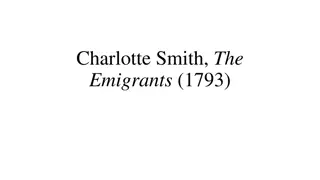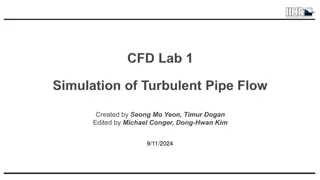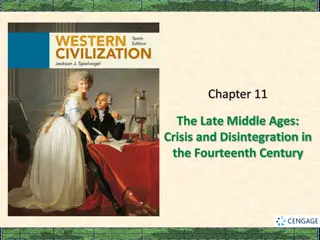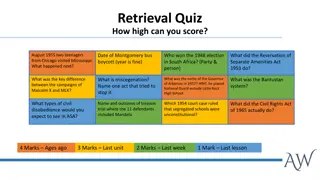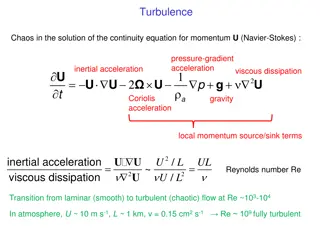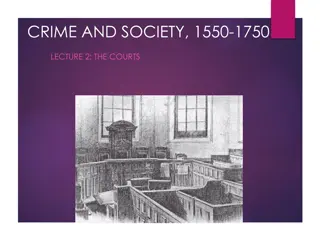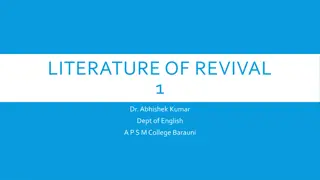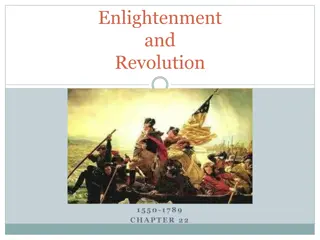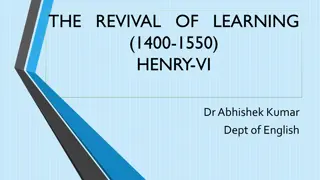Turbulent Times: The Revival of Learning (1400-1550) through Political Upheaval
The period from 1400 to 1550 saw significant political and literary changes, with upheavals in monarchies such as Henry V, Henry VI, Richard III, and Henry VIII. Henry V's quest for power led to the Battle of Agincourt in 1415 and the Treaty of Troyes. His death in 1422 marked the end of a turbulent era, commemorated with a grand statue at Westminster Abbey.
Download Presentation

Please find below an Image/Link to download the presentation.
The content on the website is provided AS IS for your information and personal use only. It may not be sold, licensed, or shared on other websites without obtaining consent from the author.If you encounter any issues during the download, it is possible that the publisher has removed the file from their server.
You are allowed to download the files provided on this website for personal or commercial use, subject to the condition that they are used lawfully. All files are the property of their respective owners.
The content on the website is provided AS IS for your information and personal use only. It may not be sold, licensed, or shared on other websites without obtaining consent from the author.
E N D
Presentation Transcript
THE REVIVAL OF LEARNING (1400-1550) DR ABHISHEK KUMAR DEPT OF ENGLISH
From the beginning of the 15th century, there took place much upheaval in the political and literary context. Political change 1. Henry V 2. Henry VI 3. Richard III 4. Henry VIII
Henry V Accumulate National Power. The king let Europe feel the might of new national spirit. The king became uncontrol and maddened with the royal power. The result came in the form of Rebellion across the nation. To divert the rebellions, he led his army to France to gain: French wife revenue French French Crown
Resulted it in the form of The Battle of Agincourt in 1415. And after 5 years Treaty of Troyes was signed. The Treaty of Troyes was an agreement that King Henry V of England and his heirs would inherit the French crown upon the death of King Charles VI of France.
King Henry V died in 1422 and after his death, a magnificent recumbent statue with head of pore silver was build in Westminster Abbey. Thus the turbulent time of the king Henry V completed.







